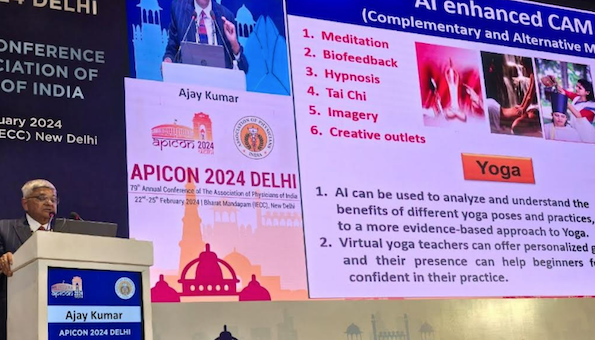IASST fabricates 2D protein monolayer to help study diseases like Amyloidosis
22 November 2023 | News
Amyloidosis disease occurs because of the misfolding and agglomeration of lysozyme molecules

image credit- shutterstock
Scientists from the Institute of Advanced Study in Science and Technology, Guwahati (IASST), an autonomous institute of North-East India under the Department of Science and Technology (DST), have fabricated a 2D protein monolayer by assembling lysozyme molecules, a model protein in studying diseases like Amyloidosis.
Amyloidosis is a rare disease that occurs when a protein called amyloid builds up in organs. This amyloid build-up can affect the working of organs like heart, kidneys, liver, spleen, nervous system and digestive tract.
Lysozyme, a protein present in mucosal secretions and a principal component of airway fluid can be regarded as a model protein in studying diseases like Amyloidosis which ultimately leads to multi-organ dysfunction.
The research group used the 2D protein monolayer to understand the behaviour of lysozyme molecules at air-water as well as at air-solid interface with the help of a technique called Langmuir-Blodgett (LB) technique. The physical properties of lysozyme molecules at air-water interface were investigated under the variation of surface pressure and subphase pH conditions in the study.

















